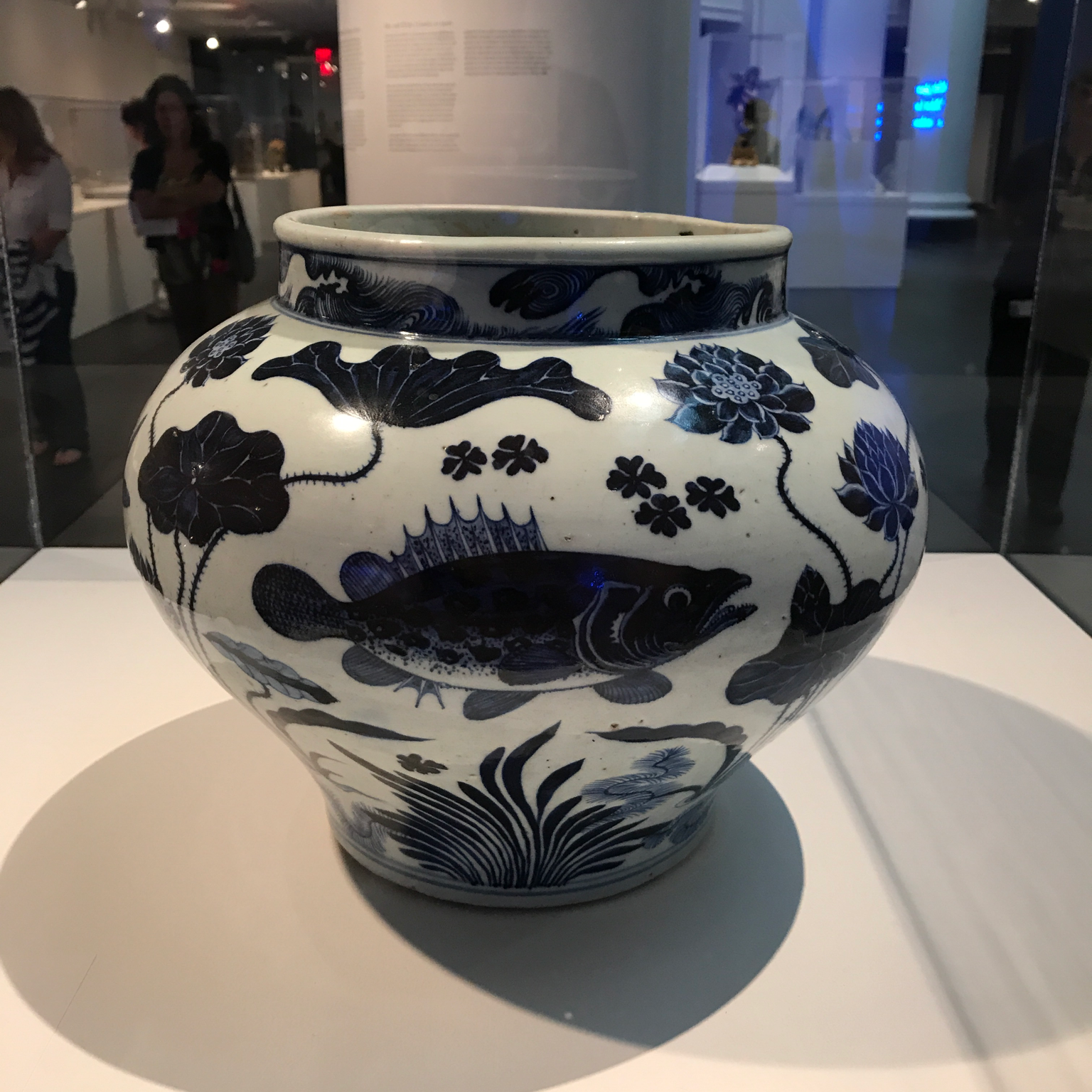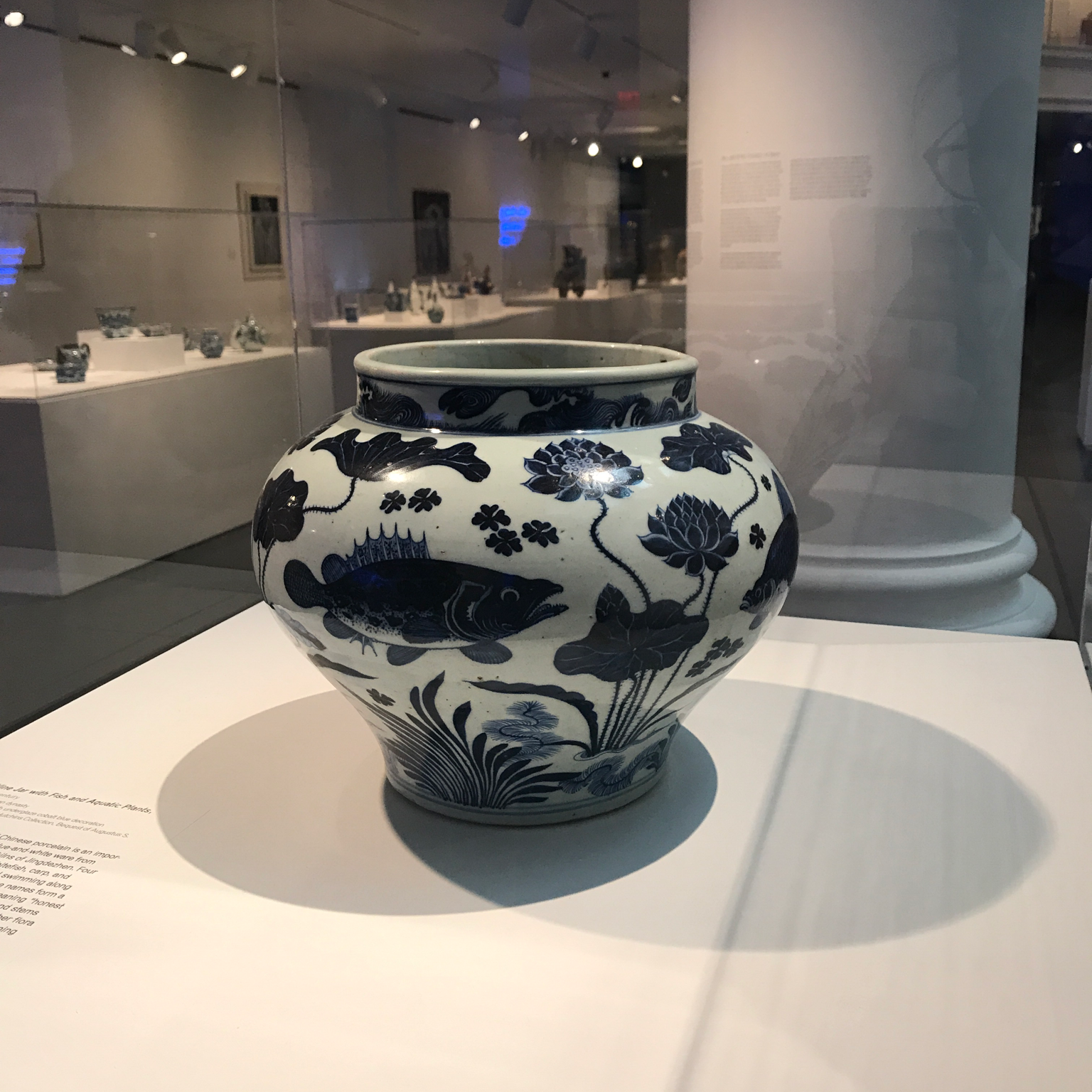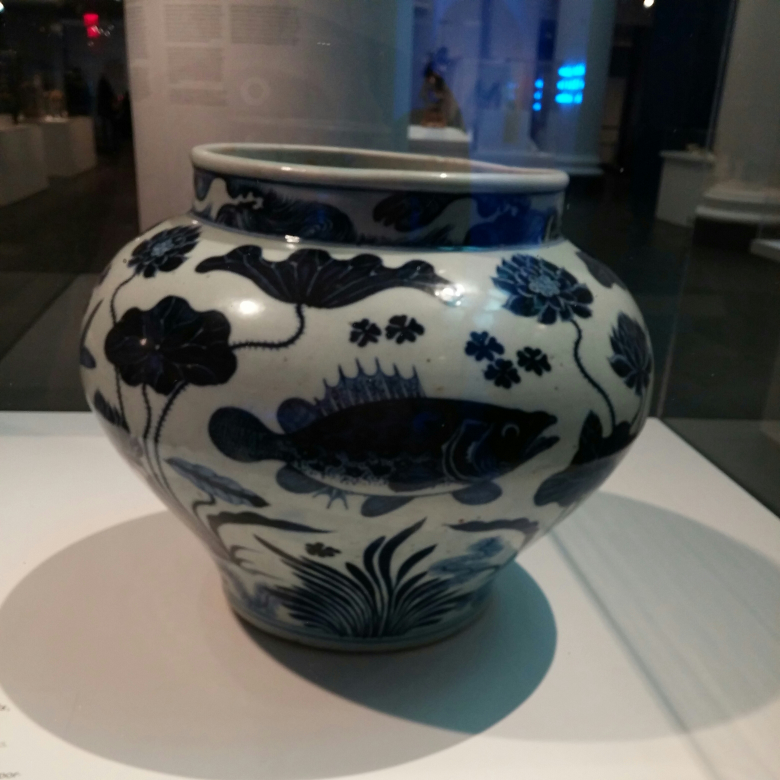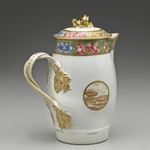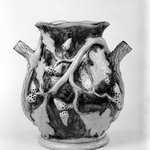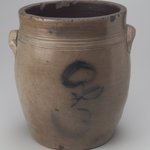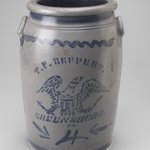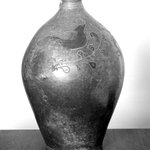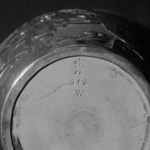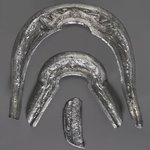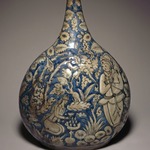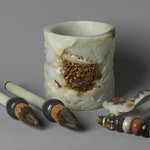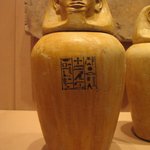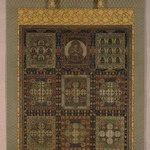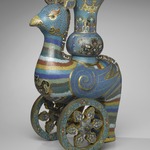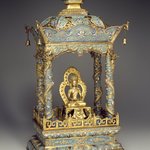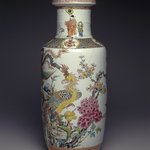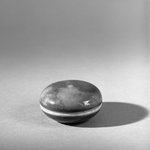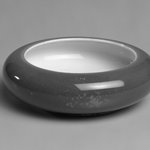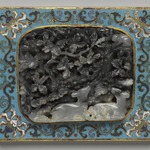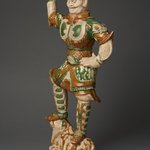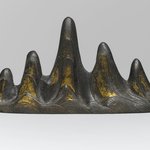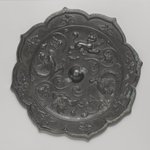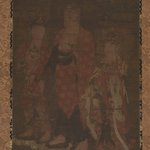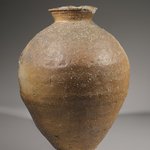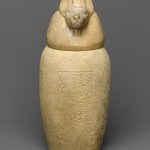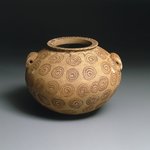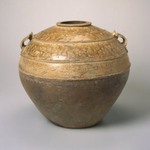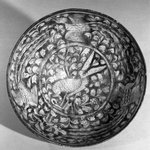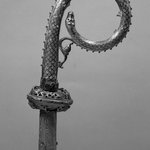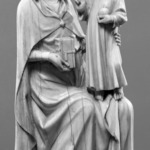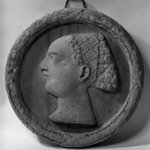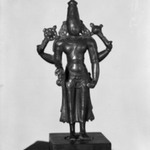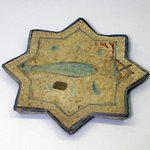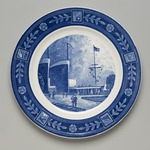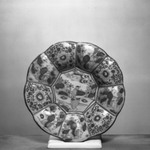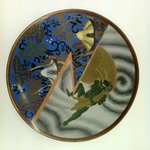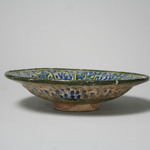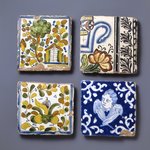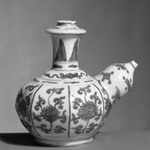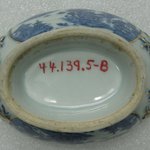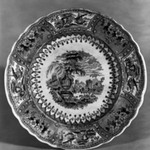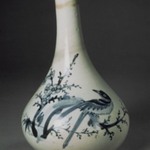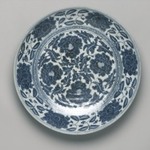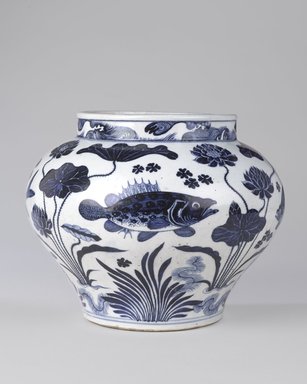

Wine Jar with Fish and Aquatic Plants, 14th century. Porcelain with underglaze cobalt blue decoration, 11 15/16 x 13 3/4in. (30.3 x 34.9cm). Brooklyn Museum, The William E. Hutchins Collection, Bequest of Augustus S. Hutchins, 52.87.1. Creative Commons-BY (Photo: Brooklyn Museum, 52.87.1_side1_PS9.jpg)
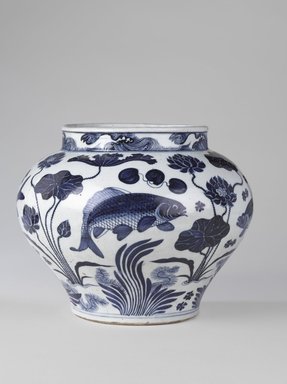
Wine Jar with Fish and Aquatic Plants, 14th century. Porcelain with underglaze cobalt blue decoration, 11 15/16 x 13 3/4in. (30.3 x 34.9cm). Brooklyn Museum, The William E. Hutchins Collection, Bequest of Augustus S. Hutchins, 52.87.1. Creative Commons-BY (Photo: Brooklyn Museum, 52.87.1_side2_PS9.jpg)
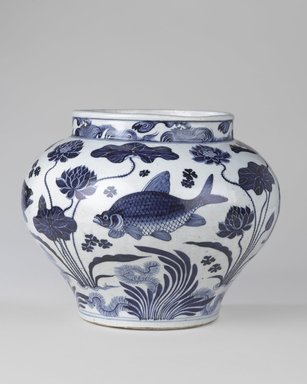
Wine Jar with Fish and Aquatic Plants, 14th century. Porcelain with underglaze cobalt blue decoration, 11 15/16 x 13 3/4in. (30.3 x 34.9cm). Brooklyn Museum, The William E. Hutchins Collection, Bequest of Augustus S. Hutchins, 52.87.1. Creative Commons-BY (Photo: Brooklyn Museum, 52.87.1_side3_PS9.jpg)
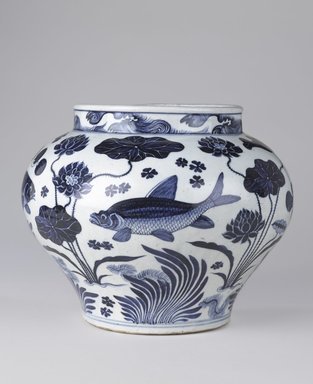
Wine Jar with Fish and Aquatic Plants, 14th century. Porcelain with underglaze cobalt blue decoration, 11 15/16 x 13 3/4in. (30.3 x 34.9cm). Brooklyn Museum, The William E. Hutchins Collection, Bequest of Augustus S. Hutchins, 52.87.1. Creative Commons-BY (Photo: Brooklyn Museum, 52.87.1_side4_PS9.jpg)
Wine Jar with Fish and Aquatic Plants
Asian Art
On View: Asian Galleries, West, 2nd floor (China)
The Brooklyn Museum is commemorating its 200th anniversary by spotlighting 200 standout objects in its encyclopedic collection.
Widely acknowledged to be one of the finest early blue-and-white porcelains, this voluptuous jar is covered with masterfully painted aquatic life, including four identifiable species of fish. The fish represent a pun in Mandarin: when their species names are spoken out loud, it sounds the same as the phrase “honest and incorruptible.” In the 1300s, when this jar was made, China exported most blue-and-white porcelains to avid markets in the Middle East and Southeast Asia. This jar’s pun and shape, which was specific to Chinese wine-drinking practices, suggest that it was a rare example designed to remain in China.
The practice of decorating ceramics with cobalt developed in the Middle East, where cobalt was abundant. In China, the technology was adopted, improved, and used on porcelain, the bright-white ceramic that only artists in China knew how to make. Until the 15th century, cobalt was imported from Iran and nearby areas because a Chinese source for cobalt had not been found. On early Chinese blue-and-white porcelains (like this jar) the decoration is very dark blue, indicating the use of imported cobalt; later wares decorated in Chinese cobalt have a lighter, slightly purple tone.
***
Gallery Label
This jar is one of the finest surviving examples of early blue-and-white porcelain. The very dark blue of the masterfully painted decoration indicates that the cobalt was imported from western Asia, dating the jar to a time before the mineral was discovered within China. In this early period, most blue-and- white wares were made for export to the Middle East, but this jar's distinctive decoration suggests that it was made for domestic use. When said aloud, the Mandarin Chinese names for the four fish—mackerel, whitefish, carp, and freshwater perch (qing bai lian jie)—form a pun of the phrase meaning "honest and incorruptible," a visual wordplay that a Mandarin- speaking audience would have appreciated.



